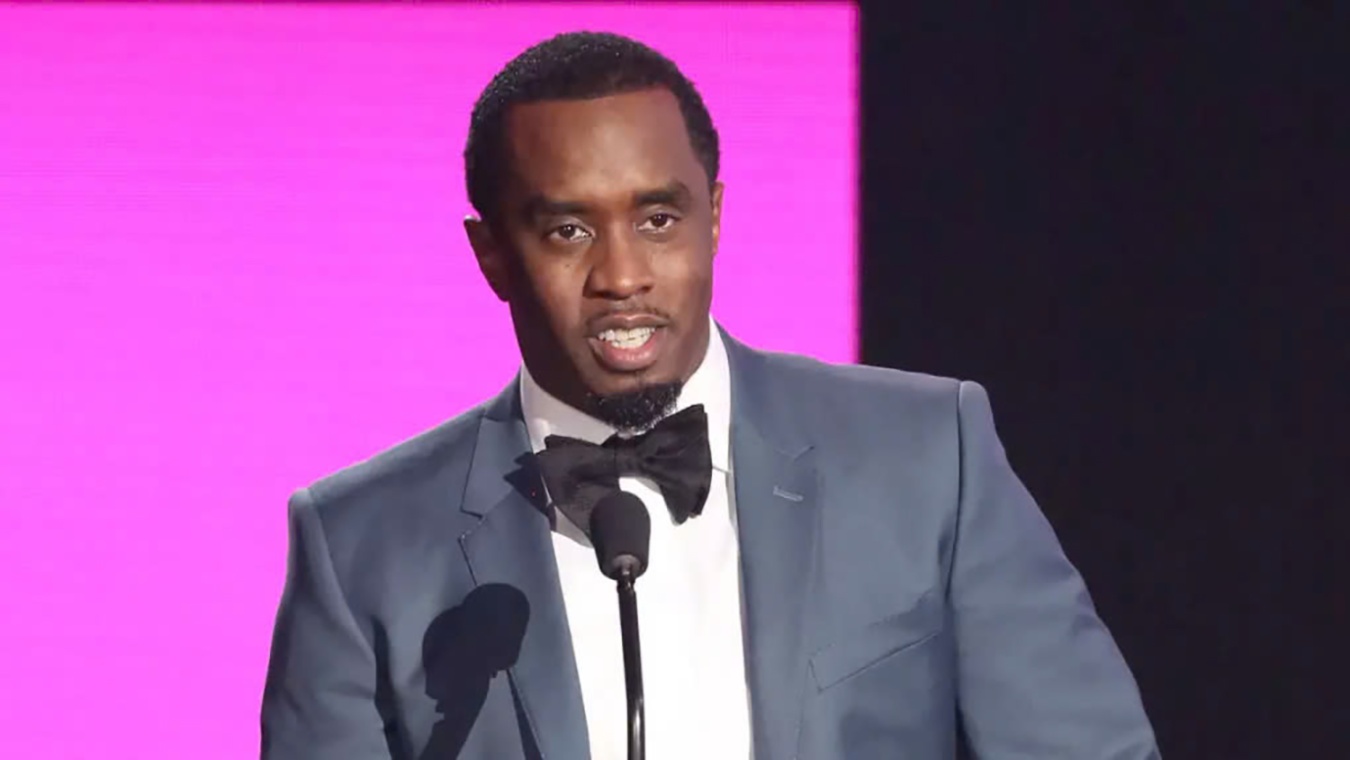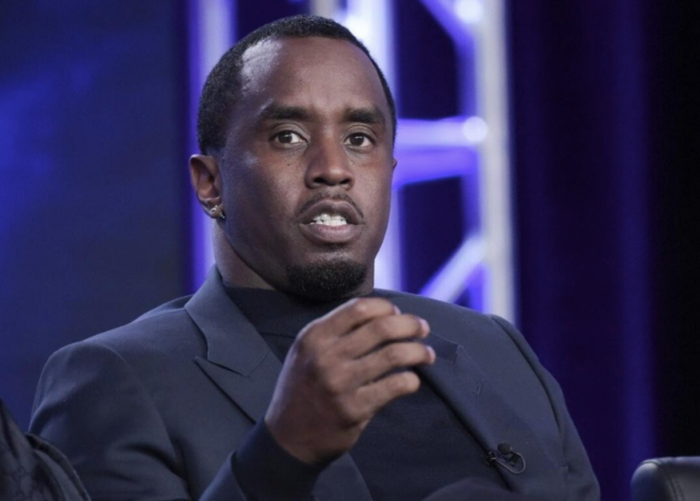Allegations of Pastors Attending Diddy’s “Freak-Off” Parties: Examining the Impact on Church and Public Trust
Introduction

In a recent controversy shaking both the entertainment world and religious communities, several prominent pastors are alleged to have attended Sean “Diddy” Combs’s infamous “freak-off” parties. The allegations implicate high-profile religious leaders, including Bishop T.D. Jakes, Pastor Creflo Dollar, and others, suggesting that these figures may have participated in gatherings marked by indulgence and excess. While these claims remain unverified, they have sparked a powerful discussion about the role of religious leaders, accountability, and the erosion of public trust in the church.
The Allegations Against Religious Leaders
The allegations that certain pastors attended Diddy’s parties have surfaced alongside Diddy’s ongoing legal troubles. Known for his extravagant and exclusive gatherings, Diddy’s “freak-off” parties are rumored to have been scenes of opulence and indulgence, drawing high-profile guests from various spheres. The claims that some religious leaders attended these parties have raised questions about the behavior of pastors outside of the church and their adherence to the values they preach.
Among the names cited in the video are Bishop T.D. Jakes and Pastor Creflo Dollar, two of the most recognized figures in American evangelical circles. As pastors with considerable influence and substantial followings, these leaders are expected to uphold high moral standards. While neither has directly responded to these allegations, the rumors have prompted a larger conversation about the pressures and temptations that high-profile religious leaders face.
Impact on Church Reputation and Public Trust
For many congregants and supporters, these allegations have been troubling, casting a shadow over the institutions they trust and rely on for moral guidance. Public trust in religious institutions has been waning in recent years, with scandals and controversies contributing to skepticism among followers. Allegations like these only deepen that divide, as they seemingly contradict the values of humility, integrity, and morality that churches preach.
The potential damage to the church’s reputation is significant. Many followers turn to their pastors not only for spiritual guidance but also as examples of virtuous living. The idea that prominent religious leaders could be involved in high-profile celebrity parties raises difficult questions for congregants who may feel a sense of betrayal. Some religious communities are calling for greater transparency and accountability among church leaders, urging them to address these rumors directly.
The Broader Impact on Faith Communities

The repercussions of these allegations extend beyond individual leaders to affect entire faith communities. For churches associated with the pastors mentioned, the impact may be profound, with some members questioning their faith in organized religion altogether. Younger generations, already disillusioned with institutionalized religion, may view these allegations as further proof that the church is out of touch with the values it claims to uphold.
In response to the growing skepticism, some church leaders have called for reform within religious institutions, promoting more transparency about church activities and stricter adherence to ethical guidelines for pastors. They argue that by addressing these allegations openly, churches can demonstrate a commitment to integrity and accountability, thereby restoring some of the public trust that has been lost.
Celebrity Influence and the Temptations for High-Profile Leaders
Religious leaders, particularly those with substantial followings, are often exposed to the same temptations and pressures as public figures in the entertainment industry. For pastors like Bishop Jakes and Pastor Dollar, their influence extends beyond the church, attracting attention and resources that can lead to conflicts of interest. While attending celebrity events or parties may not inherently contradict their faith, it raises questions about where the line should be drawn for those in positions of spiritual authority.
The allure of celebrity culture and the access to wealth, power, and status it affords can present challenges for religious leaders who seek to remain grounded in their values. Many argue that church leaders must be vigilant in resisting these temptations to avoid blurring the lines between faith-based leadership and celebrity culture.
Conclusion
As the allegations continue to circulate, the situation underscores the complex relationship between faith, power, and accountability. Whether these claims are proven or dismissed, the conversation has exposed critical issues within religious communities, pushing church leaders to reconsider how they conduct themselves both publicly and privately. For the faithful, this moment serves as a reminder that integrity and transparency are essential not only in religious teachings but also in the lives of those who preach them. In a world where the lines between entertainment and faith are increasingly blurred, the need for accountability among religious leaders is more important than ever, as it holds the potential to either restore or further erode public trust in the church.